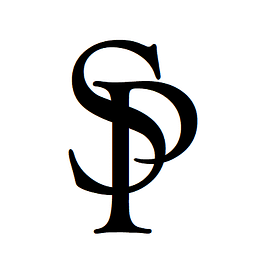
The Smith Papers
I write about historical events, military history (emphasis on World War II), analysis of world events past and present (currently following the war in Ukraine), book reviews, and other interesting happenings.
By registering you agree to Substack's Terms of Service, our Privacy Policy, and our Information Collection Notice